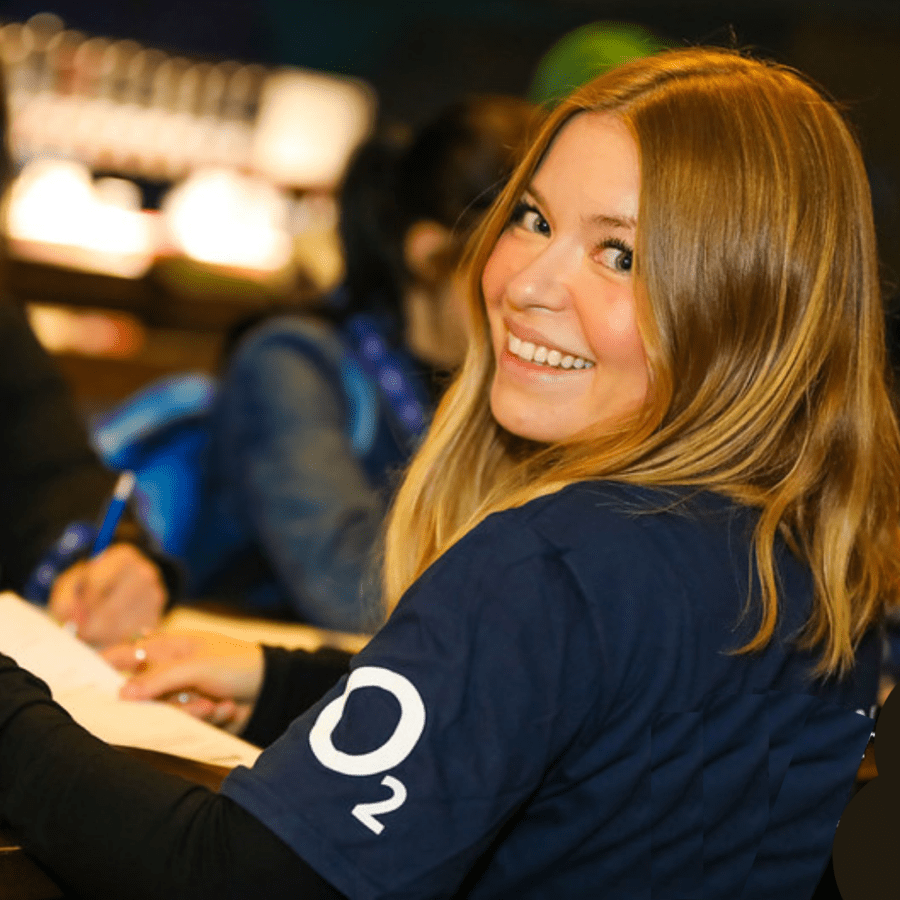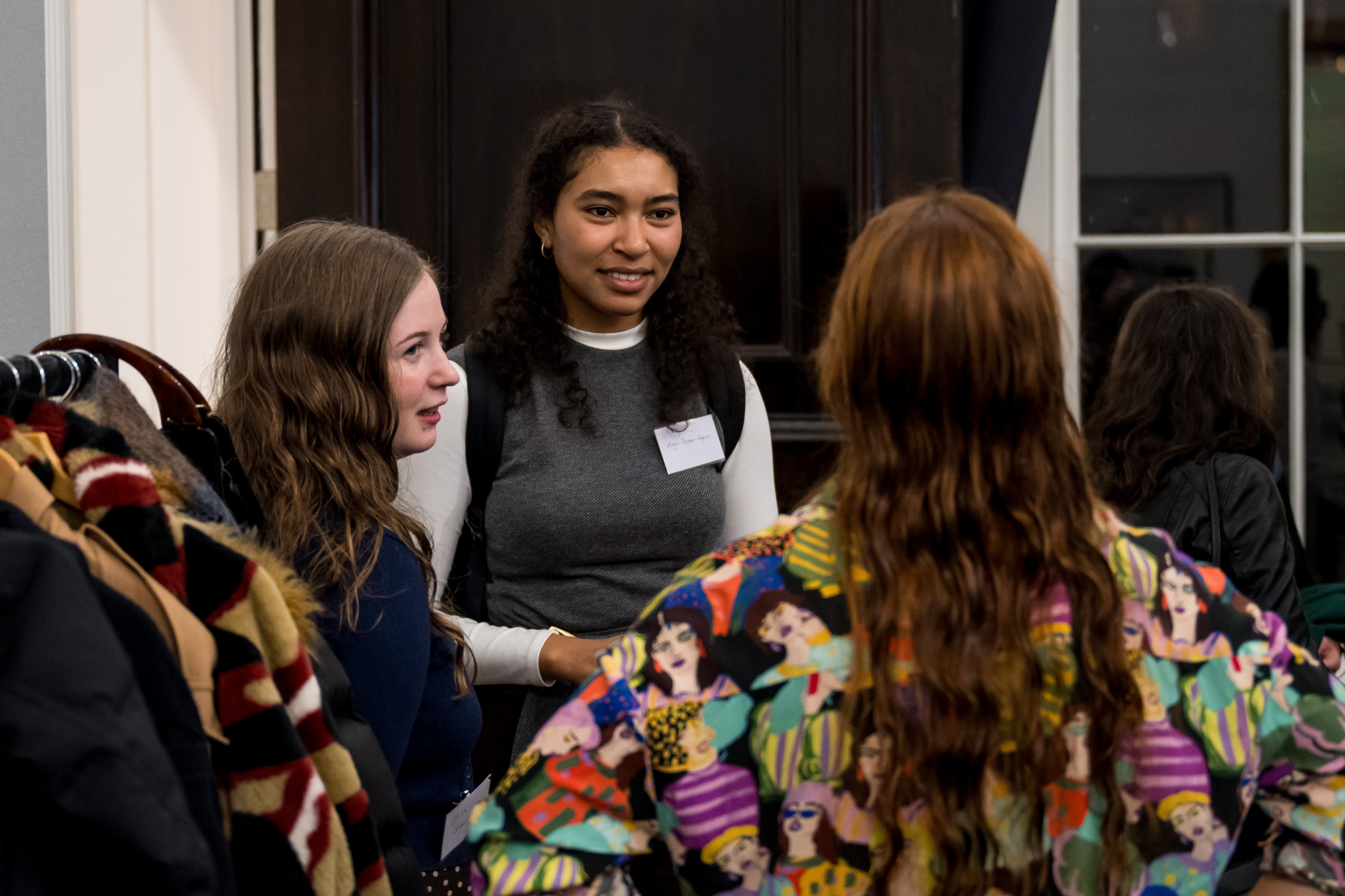Great question! If you’d asked me this question when I graduated, or while I was doing industry placements at university, I would have said my education. This is because I knew the knowledge to “get me in the door” without much experience under my belt. But now that I’ve worked for several years, I think experience is key. Looking back on interviewing for lab-based research positions, a demonstrated ability is attractive to employers.

That being said, I think these things go hand-in-hand. Education will bring you a greater depth of understanding than experience could provide. And a good academic track record set me up well for my current job, as I need to understand the complex biology underpinning the projects I do. Despite this, when I started, I felt like I was surrounded by everyone who knew more than I did, particularly in drug discovery, when most of the projects are novel. I was initially hesitant to speak up and ask questions. I’ve found that being proactive and seeking out any training or shadowing opportunities has been invaluable in my career progression and confidence. I threw myself into any experience I could get my hands on, and that would be my advice for you, too.

Seek out any and every opportunity you can. Remember, experience doesn’t just mean hands-on experience; it can be shadowing, volunteering, internships – it all counts! Even if you don’t think it’s relevant, you’d be surprised… Sure, good grades say a lot, but I remember when I did an interview once, they barely asked me about my 5+ years of higher education! We talked about a science outreach club I did whilst at university…
To me, experience is more valuable in my career because that’s directly relevant in the day-to-day, and my education allows me to frame this day-to-day within the wider scientific field!
This article was written by Marie Carkill, from Charles River Discovery.





